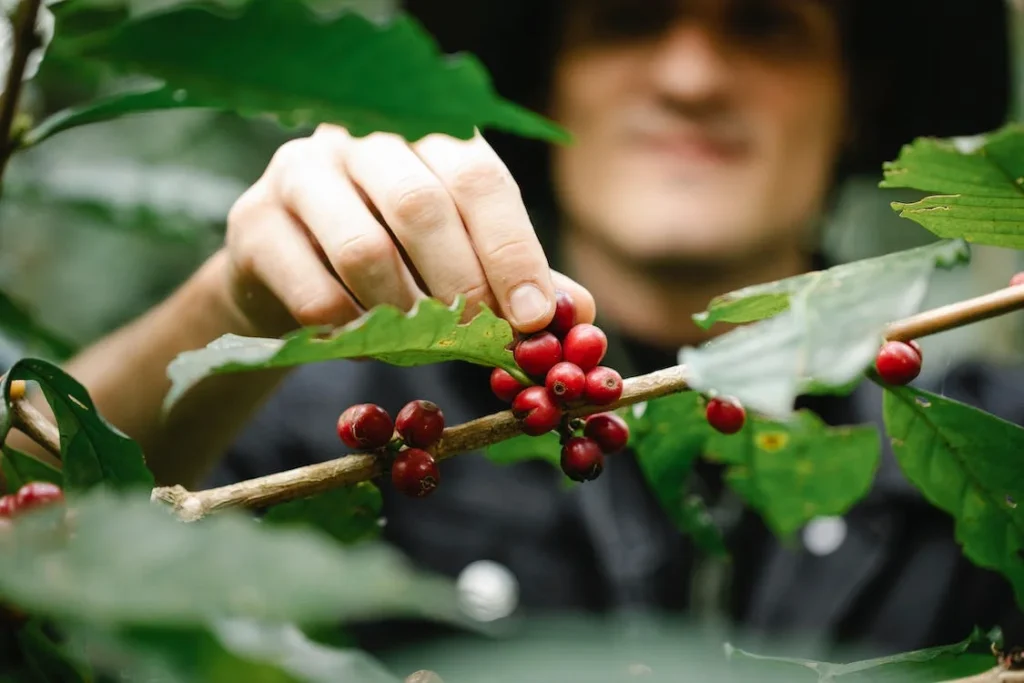The sustainable agri-food production model is gaining ground worldwide. Although its demand and growth is persistent, its adoption is slow and arduous. Its greatest strength, with a clear positive trend, is the new generations of rural producers, whose archetype, or theoretical model, is sustainability.
In this sense, in Latin America there are permanent examples of action, commitment and responsibility with sustainability. Proof of this are the articles in this portal, and new cases that are constantly coming to fruition.
Sustainable initiatives in Mercosur countries
In Paraguay, outstanding advances in sustainable agriculture were echoed at the renowned agricultural trade show Innovate 2023.
Alfred Fast, president of Fecoprodwhich brings together agricultural cooperatives, assured that his country possesses "the best sustainable agriculture in the world, with no-till, crop rotation, and the inclusion of green manure"..
Manuel Ferreyra, an economist and former Minister of Finance, emphasized that "Paraguay is one of the top ten meat exporters and fourth largest exporter of soybeans in the world.".
He affirmed that, thanks to agricultural production, Paraguay reduced poverty to 26% compared to 2000, when it was 57%. And indigence, from 16.2% to 3.9%.
In Uruguay, the Second Edition of Senda AgroecológicaThe project was the result of an influential call to agricultural organizations of small and medium-sized family farmers to present proposals for agroecological transition.
Implemented by the Ministry of Livestock, Agriculture and Fisheries, it promotes the protection of natural resources, biodiversity, the reduction of chemical inputs, and the reduction of greenhouse gases.
In Argentina, the prestigious International Center for Innovation in Agricultural Technology (CITA) awarded the "CITA de Oro 2023" Award to the National Institute of Agricultural Technology (INTA) for the creation of the genetically modified bovine leukosis virus BLVDX6073.
It is the active ingredient of the vaccine for cattle affected by leukosis, a disease that affects about 90% of the Argentine dairy herd, whose fatal aspect is the "lymphosarcoma".
CITA also awarded a prize in the Organic Agriculture category to the company Tensac, from the Argentine province of Tucumán, for the development of the bio-insecticide and acaricide "Esten 80", with ingredients from sugarcane, biodegradable, without residues or pest resistance.
FAO's inequitable approach
The private and public agri-food sector and the Latin American consumer have adopted sustainability as a paradigm -or theoretical model- of quality of life.
Sustainability, that is, the concrete realization of the theoretical model, is arduous and not easy. It is a work in progress, dynamic, durable and in permanent equilibrium.
Therefore, the interim approach issued by the FAO in 2022 in the indicator 2.4.1 of the Sustainable Development Goals (SDGs) The country's agricultural sector is not very equitable with respect to the constant evolution of the South American agricultural sector.
The organization presents information on the situation in West Asia and North Africa, Latin America and the Caribbean, North America and Oceania. It states that in these regions, progress towards sustainable agrifoods "seem to have stagnated". and "record no improvement toward productive and sustainable agriculture since 2015".



